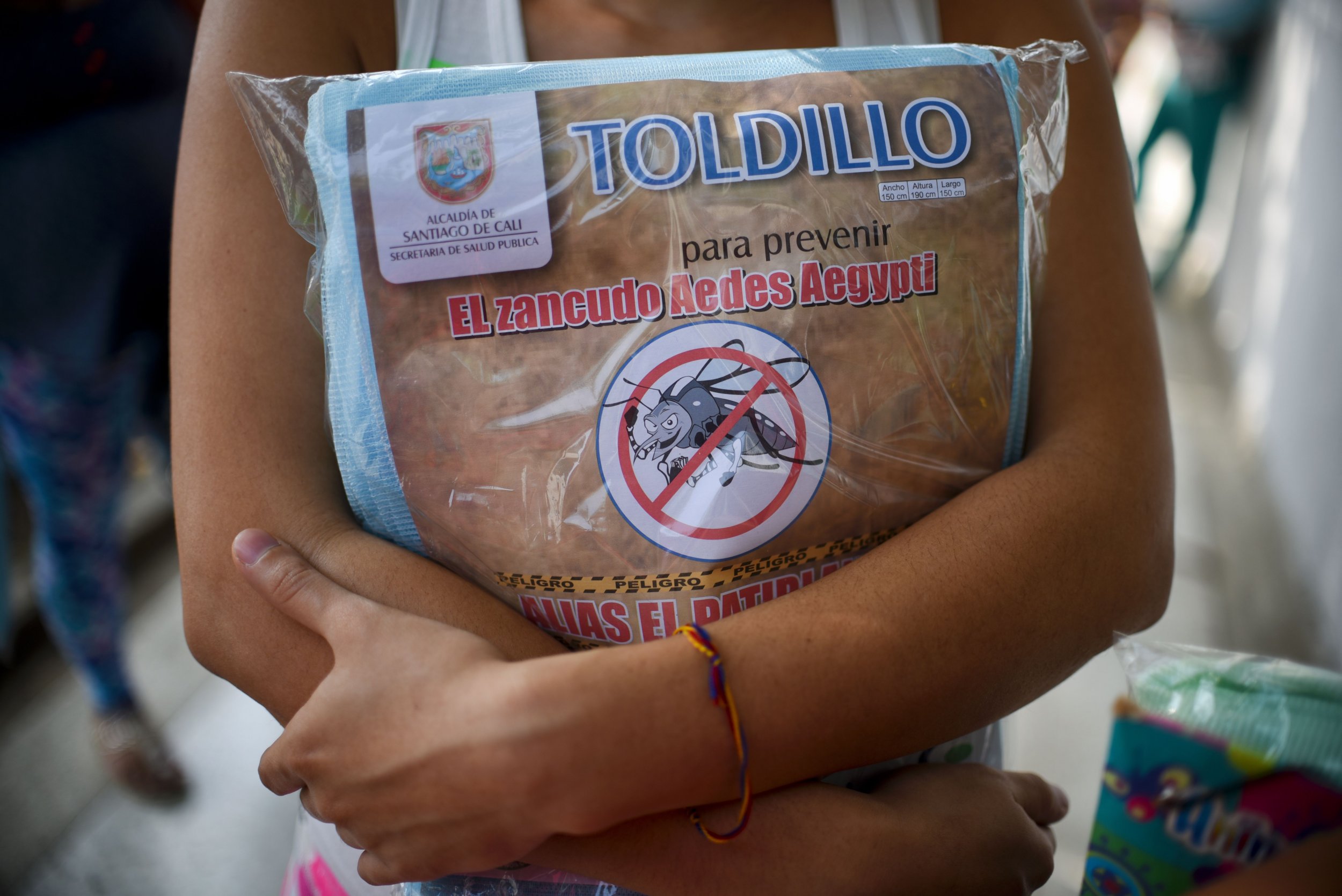
New research has indicated a possible link between the Zika virus sweeping Latin America and a neurological syndrome that can result in paralysis and severe breathing problems.
An explosion of Zika cases in Brazil has been linked to an outbreak of microcephaly—a condition where children are born with underdeveloped brains and small heads. More than 4,000 cases were recorded in Brazil between October 2015 and January 2016. The World Health Organization declared the possible link between Zika and microcephaly to be a Public Health Emergency of International Concern in February. Zika has been reported in 28 countries since 2015 and six countries have reported an increase in cases of Guillain-Barre syndrome (GBS) following a Zika outbreak.
The study, published in medical journal The Lancet on Monday, analyzed the blood of 42 GBS sufferers who became ill during a 2014 Zika outbreak in French Polynesia in the Pacific. The immune system of GBS sufferers attacks their nerves, leading to pain and muscle weakness. The condition can eventually progress to paralysis and leave sufferers in need of a ventilator to breathe properly. While the exact cause of GBS is unknown, around 60 percent of patients develop the condition shortly after a viral or bacterial infection.
The authors of the study said that GBS sufferers developed the condition around six days after being infected with the Zika virus, which is transmitted by the Aedes aegypti mosquito. The study predicts there could be one case of GBS among every 4,000 people infected with Zika. While none of the 42 patients in the study died, some required help with walking several months after becoming ill.
The study was unable to discover any molecular link that proved that Zika infection prompted the onset of GBS, and patients were over the acute stage of the Zika infection by the time they developed the condition.
Arnaud Fontanet, professor at the Pasteur Institute in France and the paper's lead author, said that while the risk of Zika sufferers developing GBS was relatively low, countries experiencing Zika epidemics may struggle to provide the additional resources required to treat GBS patients, who can be bedridden for 35 days before they are able to leave hospital. "There may be two GBS patients in every 10,000 infected [with Zika], but once they are in a bed, they are there for a month," Fontanet told The Guardian.
Uncommon Knowledge
Newsweek is committed to challenging conventional wisdom and finding connections in the search for common ground.
Newsweek is committed to challenging conventional wisdom and finding connections in the search for common ground.
About the writer
Conor is a staff writer for Newsweek covering Africa, with a focus on Nigeria, security and conflict.





